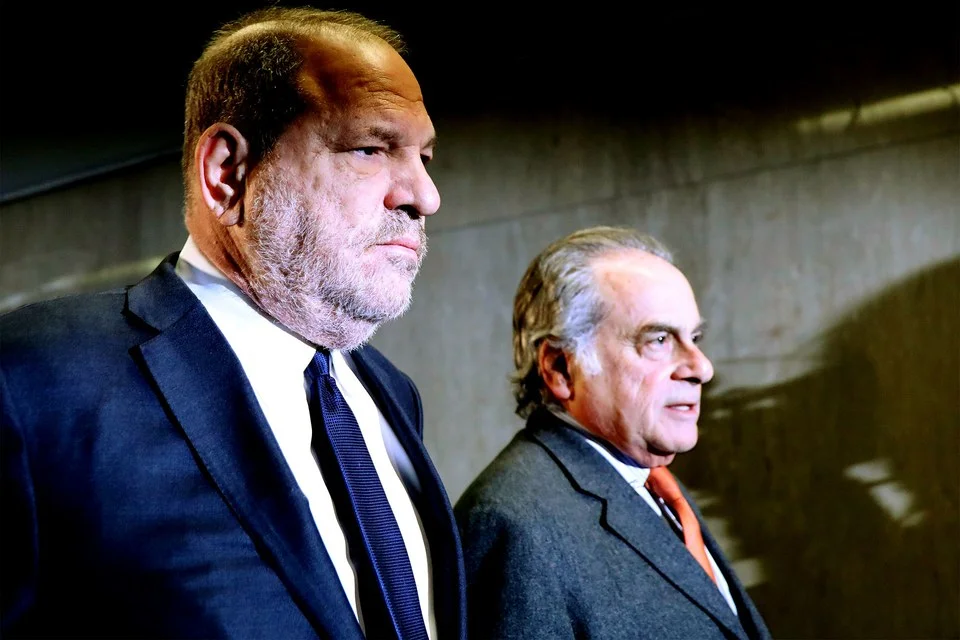Manhattan Judge Rules That Harvey Weinstein Case Will Proceed To March 7 Pre-Trial Hearing
/Disgraced Hollywood media mogul Harvey Weinstein, a key catalyst behind the widely-revived #MeToo movement, will be going to trial. On Thursday Judge James Burke rejected Weinstein’s legal request to dismiss the remaining five counts of sexual misconduct and rape charged by the Manhattan District Attorney’s office. The case is scheduled for a pre-trial hearing on March 7. The judge previously dismissed one of the initial sex counts involving allegations by Lucia Evans.
Vanity Fair writes that the courtroom was packed with reporters and supporters of the Time’s Up movement. Actors Marisa Tomei, Kathy Najimy, and Amber Tamblyn joined Time’s Up President and CEO Lisa Borders, who said that she was “relieved that Harvey Weinstein failed” in his efforts to have the charges dismissed.
The case remains complicated, especially after the dismissal of one count against Weinstein. With the case proceeding, Judge Burke’s rulings around evidence will heavily influence the case.
Attorney Alan Dershowitz, who was brought on by Weinstein’s lead attorney Ben Brafman as a consultant, says defense emails contradict claims that the sexual encounters were forced.
The Hollywood Reporter wrote this week that Brafman has already presented a series of emails to Weinstein from accuser Miriam "Mimi" Haleyi, who wrote endearments like "Miss you too," "Lots of Love" and "xxxxx" in the years after a 2006 encounter in New York in which she says she was sexually assaulted by the producer. In October 2017, Haleyi made one of the most salacious accusations against Weinstein when she said during a press conference, with attorney Gloria Allred at her side, that the Oscar winner pulled out her tampon and orally forced himself on her.
“You can’t both accuse someone publicly and then hide behind privacy to keep highly relevant evidence out,” says Dershowitz. “The evidence I’ve seen doesn’t embarrass anyone. It suggests a loving relationship that seems fairly commonplace. For people who say, ‘This is the way that people behave [after an assault] and you can’t make judgments on these things,’ well that’s for the public to judge and for courts to judge.”
Dershowitz adds, “I believe that if a grand jury and the public were to see these emails, they would come to a very different conclusion about what happened. The emails show consensual relationships between Weinstein and his accusers both before and after the alleged crimes allegedly occurred.”
It must also be noted that lawyer Brafman represented Dominique Strauss-Kahn, who won a high profile New York legal case involving a maid at his hotel.
"Credibility and reliability of the government's witnesses is obviously an essential consideration for any good prosecutor," says Greenberg Traurig's Mathew S. Rosengart, himself a former prosecutor. "This was particularly true in this matter because Brafman is masterful at picking apart witnesses and creating reasonable doubt based upon law enforcement or other errors. He did that in the Dominique Strauss-Kahn case against this very same DA's office."

